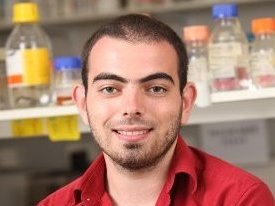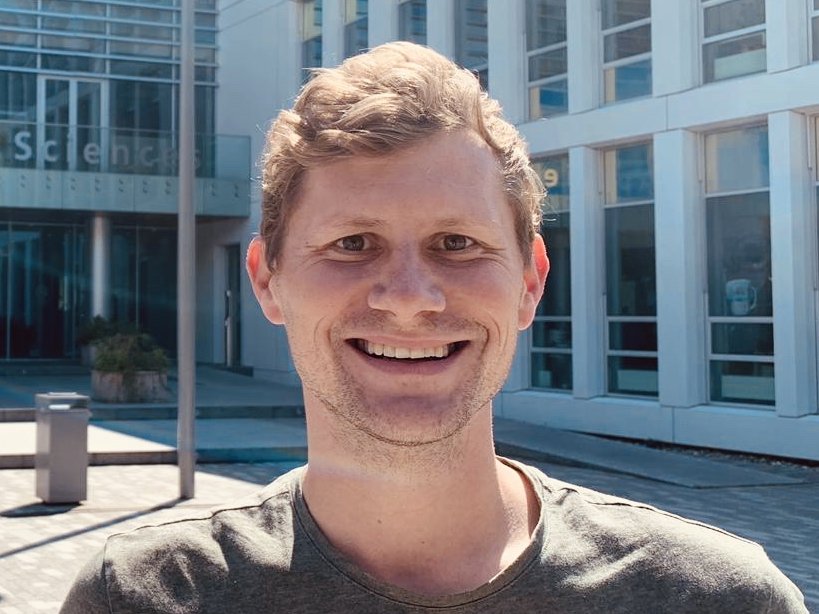NWO Grant for e-HEAT: understanding and controlling heat to enable large-scale electrolysers
The Board of NWO's domain of Applied and Technical Sciences awarded funding to the project e-HEAT: Understanding and controlling heat to enable large-scale electrolysers by Jurriaan Peeters of TU Delft, through the Open Technology Programme.
e-HEAT
Electrolysers can be used to store electricity generated by solar and wind energy in the form of hydrogen, liquid fuels and base chemicals. Such chemicals can be used for long distance transportation and to make the process industry sustainable. A major hurdle in upscaling electrolysers is that a significant part of the heat that is generated adversely affects the stability of the components as well as the product throughput. For CO2 reduction in particular, issues caused by heat generation are more severe as approximately 50% of the energy input is lost as heat. In this project, we aim to fully understand heat generation and consequences thereof in all relevant scales of an electrolyser.
Two routes for the reduction of CO2 are considered: heterogeneous catalysis and bio-electrosynthesis. In the heterogeneous catalysis route, temperature influences the stability of the electrocatalyst, while in the bio-electrosynthesis route, high temperatures may lead to the decrease of the bio-film functionality. For both routes, the temperature also adversely affects the stability of the membrane, as chemical degradation is enhanced at elevated temperatures. We will quantifiably assess the temperature effects on electrocatalytic performance and material stability. Moreover, we will devise mitigation strategies for adverse temperature effects.
In parallel, novel heat transfer models will be developed that can aid in creating and testing novel cooling designs. Using high performance computing techniques, we will develop a detailed multi- physics & chemistry model for heat generation at the micrometre scale, which will then be translated to a model that engineers can use in the design of electrolysers.
Finally, by combining the experimental and modelling efforts, novel cooling strategies that will help to homogenise the temperature throughout the electrolyser will be developed, thus ensuring the long-term stable operation of electrolysers. The outcomes are expected to also benefit H2O electrolysers and fuel cells as such devices cope with similar heat generation challenges.
This project is one of six projects to receive a grant. In total, NWO awards over EUR 4.5 million, companies involved and other organisations invest EUR 1.3 million in these projects. The research areas of these six projects include electrolysers, biomaterials and pathology.
The Open Technology Programme provides funding for excellent research, with a view to the possible application of the results. The programme offers companies and other organisations a low-threshold way of linking up with scientific research that should lead to applicable knowledge.





